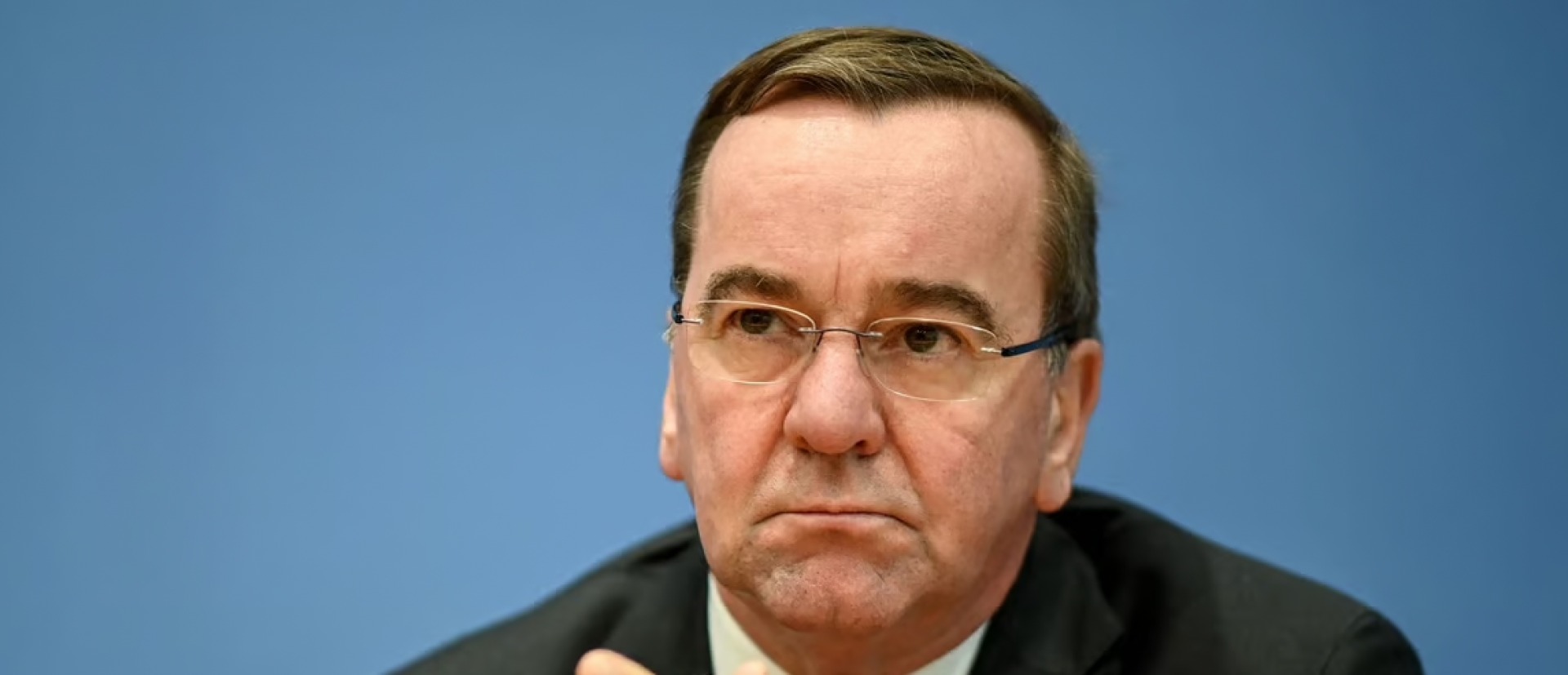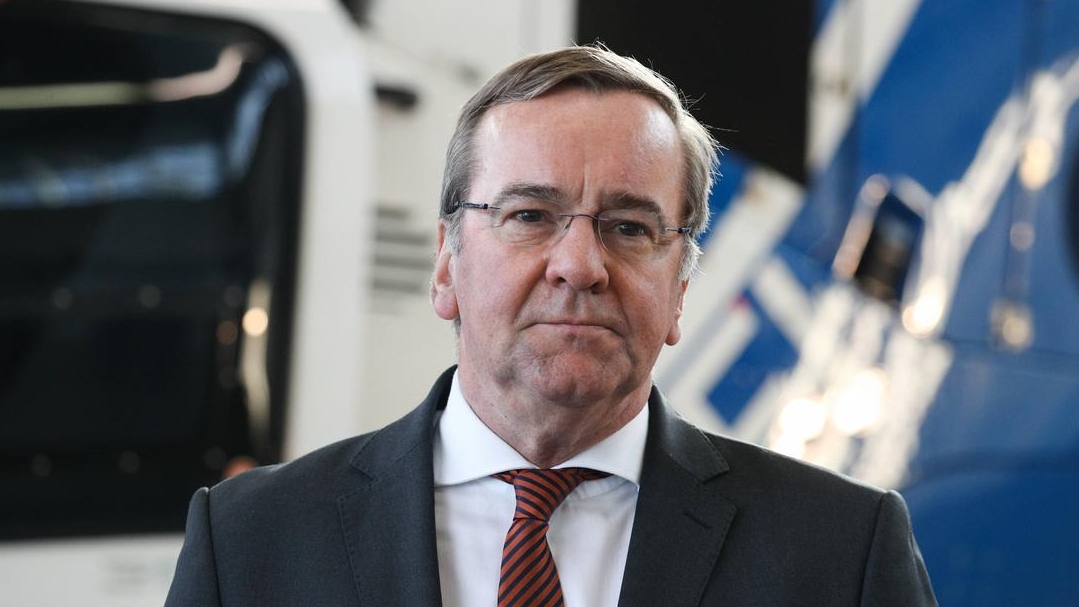Comments
- No comments found

Germany is grappling with the fallout of a leaked audio conversation involving air force officials discussing the potential supply of long-range missiles to Ukraine.
The leaked recording, posted by Russia's state-run RT channel, has raised concerns among Germany's allies, including France and the UK, prompting questions about the nation's security. While Chancellor Olaf Scholz has consistently denied plans to send Taurus missiles to Ukraine, the leaked conversation has exposed internal military discussions on the matter.
In the leaked audio, four senior German military officers, including Air Force chief Ingo Gerhartz and Brig Gen Frank Gräfe, are heard discussing the possibility of providing Ukraine with long-range cruise missiles.
Key points from the leaked conversation include:
Consideration of supplying missiles capable of hitting the Kerch Bridge, linking Russia to Crimea.
Mention of alleged British operations in Ukraine and assistance with Storm Shadow missiles.
Speculation on the Taurus system's functionality and potential political implications.

Chancellor Scholz reiterated his stance against deploying German soldiers in Ukraine and sending Taurus missiles. The leaked conversation suggested the complexity of the Taurus system, implying the need for German assistance in mission planning, a prospect Scholz deemed "completely out of the question."
The officials in the conversation discussed logistical challenges related to targeting the Kerch Bridge and suggested that Germany might send no more than 100 Taurus missiles to Ukraine. They also speculated on political motivations, noting that France and Britain had nearly depleted their missile supplies, potentially driving momentum for German involvement.
The leak has prompted concerns about Germany's security, leading to an investigation by Germany's Military Counterintelligence Service. The conversation reportedly took place on the Webex conference platform rather than a secure army platform, adding to the embarrassment for Berlin.
Scholz's allies have resisted calls for a parliamentary inquiry, and the chancellor has framed the leak as an attempt by Russia to sow division. However, the leak has exposed divisions within Germany, with the military expressing support for sending Taurus missiles while Scholz focuses on political considerations.
The leak has been viewed with concern internationally. UK Member of Parliament Tobias Ellwood noted the leak's worrisome aspects and highlighted tensions between senior German military officials advocating for Taurus dispatch and Chancellor Scholz's political considerations.
The Kremlin has seized on the leak, framing it as evidence of Western involvement in the Ukraine conflict. Spokesman Dmitry Peskov suggested that the conversation hinted at substantive plans to strike Russian territory, while former Russian President Dmitry Medvedev warned that Russia would "not forget" the leaked conversation.
The leaked military conversation has exposed internal deliberations on providing military support to Ukraine, raising questions about Germany's security protocols and internal divisions. As the investigation unfolds, the incident has broader implications, impacting Germany's relationships with allies and contributing to the complex geopolitical dynamics surrounding the conflict in Ukraine.
Leave your comments
Post comment as a guest